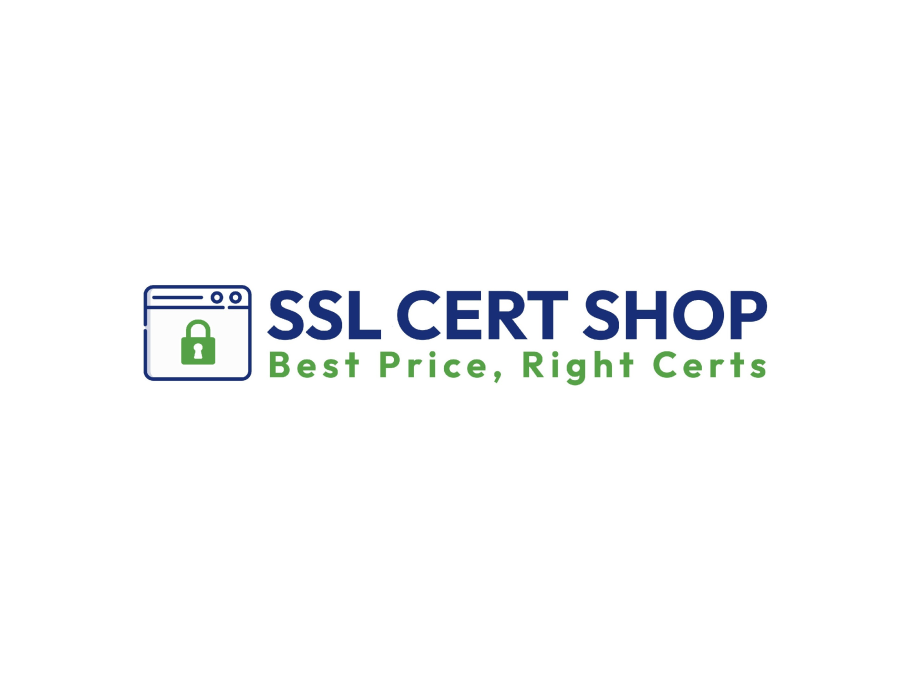The last thing you want to do when establishing a new site and spending more than enough on something that you cannot see – an SSL certificate. But in its absence, your site will feel insecure with browsers displaying “Not Secure,” and they will exit your site very fast.
Most hosting companies do not inform you of this: a cheap SSL provides the same protection as an expensive one. The distinction is additional functionality, such as support, brand awareness, warranties, and passing levels.
But when do you actually know what a cost-effective SSL can do, and when you need to use a more effective one? Let’s break it down.
SSL Certificate – What do you need to know?
SSLs are a passport to your site. As a visitor connects, the certificate invokes a TLS handshake – a rapid process that authenticates the identity of your server and establishes an encrypted connection. The data is altered in a few milliseconds to render it inaccessible to hackers.
Your site is trusted by Browsers as a Certificate Authority (CA), e.g., Sectigo or DigiCert, which has verified you. The padlock icon and “https: //” in the address bar signal that trust. According to Google, more than 95 percent of Google Chrome traffic is already encrypted in the U.S., and therefore it is not a luxury but rather a necessity to use an SSL.
Quick Difference Between DV, OV, EV
Sometimes, not every SSL certificate is equal in terms of validation:
- DV (Domain Validation): The CA is responsible for the verification of your possession of the domain, which is done via email or DNS. The process can be issued within a span of 10 minutes. Ideal for blogs, portfolios, and simple landing pages.
- OV (Organization Validation): This type of certificate confirms your business identity. This information is validated by the CA, and it is issued in 1-3 days. It helps build trust in the site in the minds of visitors that a legitimate company is running the site and is suitable for SMBs gathering information about their users.
- EV (Extended Validation): The CA examines legal existence, physical address, and operational status. It has a long issuance time, but it provides the best signal of trust. It fits best with finance, health care, or even big businesses.
Budget SSL Is as Good as Premium
Concern that people usually have: Will my site be seen as unsafe when I sign up for a low-priced certificate? It will not, when you select the right use case. Cheap yet credible SSL certification suits:
- Blogs, portfolios, and brochure websites: A DV certificate would do the trick, as long as you do not deal with logins or payments.
- Landing pages and MVPs: You might test an idea, but why spend money on an EV certificate until you have shown traction?
- Internal tools and staging environments: It will still require encryption in order to prevent browser warnings, and a budget certificate will suffice.
In a survey conducted in 2023, it that found that more than 70 percent of small sites have used DV certificates. This is because they provide the anticipated green padlock without hurting the budget.
When to Not Buy the Absolute Cheapest?
With that said, there are definite instances where a cheap SSL will not work:
- E-commerce and payments: OV or EV would be the safer option in case you accept credit cards and go by PCI-DSS requirements. Payment sites should be more substantiated to customers.
- Gathering personal or medical information: Think HIPAA in healthcare, GDPR in Europe, or the DPDP Act in India. Regulators may expect OV/EV.
- Various subdomains or domains: The cheap sales SSLs typically include one domain. Budget plans will fail to suffice in case you require wildcard or SAN coverage.
Imagine the locks on your house. In the garden shed, a padlock would be just right, but on your front door, a deadbolt (or a lock alarm) would be just the right thing.
Buyer’s Checklist for Cheap SSL Certificates
- Look for reputation: Use integrally trusted CAs such as Sectigo, DigiCert, or GlobalSign.
- Check validation type: Match DV/OV/EV to your business needs.
- Speed of issuance and DCV: Does the issuance require instant issuance (DV) or can you afford a few days?
- Warranty & Seal: Decide if brand assurance matters to your audience.
- Reissue/refund conditions: Flexibility of check on changing servers.
- Wildcard/SAN support: Plan for future growth.
- Pricing at renewals: Be wary of some low-priced certs that raise their cost during renewal.
- Help when in need: Would you find support to help at 2 am in case of a broken certificate?
Step‑by‑Step: Buy & Install
The fact that cheap SSL certificates have to be purchased does not imply that setup must be painful. Here’s a quick roadmap:
- Generate CSR: Create a Certificate Signing Request with RSA 2048 or ECC.
- Select plan and fill DCV: Prove domain ownership with email, DNS, or HTTP file upload.
- Download & install: Add both the certificate and the intermediate chain to your server (Apache, Nginx, IIS).
- Test your configuration: Contact SSL Labs and check that your results are A or A+ rating.
- Set reminders: one of the most frequent causes of outages is the expiration of the SSL, and so enable renewals where possible.
Common Mistakes to Avoid
- Mismatched hostnames: Compare both the www and root domains.
- Missing the intermediate chain: on some browsers, the failure to have this will be indicated.
- Letting certificates run out: More than 80 percent of the time, an SSL certificate expires with an outage coming.
- Type of wrong validation: The security of an e-store with a DV of 5 dollars does not pass verification—it does not work with customers.
Frequently Asked Questions (FAQs)
Q. Do there exist reliable or cheap SSL certificates?
Yes. The level of encryption is the same; the disparities present are in regard to support, warranty, and validation.
Q. Which is the compatible digital certificate for small businesses?
Use OV for credibility, DV for ease, and EV for trustworthiness.
Q. Should I use a cheap SSL certificate in SEO?
Yes, Google does not check the type of certificate, only whether a site is HTTPS-enabled or not.
Q. Can many domains have only one SSL?
Only with a wildcard SSL. Ordinary DV certificates include only one domain.
Q. What’s the difference between SSL and TLS today?
The older name is, of course, SSL; however, the most widely used is TLS (some continue referring to it as SSL).
Q. How long does issuance take?
DV: minutes; OV: 1-3 days; EV: a week or less, depending upon the process of vetting.
Smart Savings with SSL, Without Sacrifice!
Cheap SSL certificates do not imply compromising on safety; they signify good shopping. Encryption is strong at any cost. It is important to understand when a budget-friendly SSL is necessary: blogs, staging, MVPs, when you should invest in OV or EV, e.g., e-commerce, regulated industries, and many domains etc. Use this checklist to save money whilst keeping the trust. It is a secure site, after all, not what you did or did not pay to acquire, but what your visitors think when they see either a Buy Now button or A Sign up button.






Comments